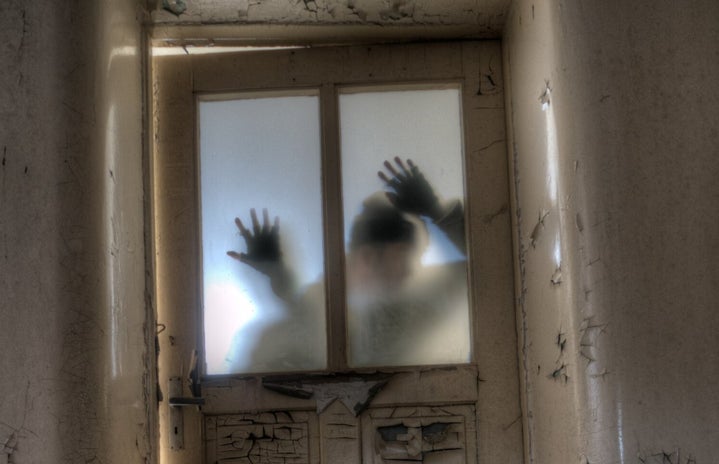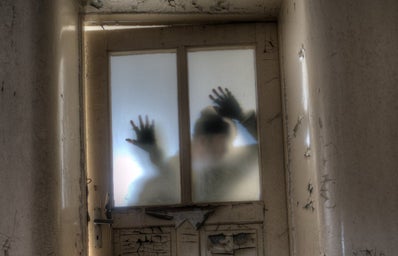To those who truly know me, my utter distaste for the horror genre does not come as a surprise. Although I always refused their pleas, my closest friends would badger me for years to watch their favorite thrillers with them. They would commonly use the word “fun” to describe their exploits, but to me, there is nothing remotely enjoyable about watching a dancing clown murder innocent children.
Unlike many of my peers, I do not enjoy purposefully making myself afraid. I have known this about myself since the age of five when I stubbornly refused to finish watching The Little Mermaid after seeing Ursula for the first time. Beloved childhood films like The Nightmare Before Christmas have never appealed to me. I distinctly remember being in a Blockbuster while The Corpse Bride was playing and running across the room to escape. Although I am an adult now, memories of my vivid and long-lasting nightmares cease my desire to know how these stories end. So, why would I put myself through the emotional ordeal of watching Us?
The short answer is that I am enamored with everything that Lupita Nyong’o has done in her career thus far and believe that she can do no wrong. The longer answer is that I am a member of the Honors Experience Program and had to participate in one of their monthly activities to get credit for one of my classes. Jordan Peele’s critically acclaimed debut film, Get Out, is the first horror movie that I have fully watched and thoroughly enjoyed all the way through. As he previously worked for years as a comedian, Peele’s observant and adept critiques on human behavior are truly profound. I was very excited to figure out what truths I would uncover about American society with his second venture into the horror genre.
Although my hands were covering my eyes for approximately a fourth of the film, I was able to glean some very valuable information.

Courtesy: Xin
Unlike his previous film, Peele did not make the issue of race a very prominent factor within the plot of Us. Although the main cast was made up of African Americans, their race was never mentioned once. Instead, he focused on the duality of human nature. In this world, every human soul is tied together with that of one of the Tethered, who all desperately wish to be free of their bondage. Every actor within this film plays two roles, their “normal” human self and their Tethered counterpart. To me, this showcases that all human beings are extremely complex creatures who have the power to either humanize or demonize themselves based on their actions.
I have struggled with imposter syndrome throughout the entirety of my life. No matter how hard I work to accomplish my goals, I never feel as though I am truly deserving of whatever accolades I am rewarded with. This causes me to have serious doubts about my own intelligence and ability to succeed throughout my adult life. The primary character of this film, Adelaide, played by Lupita Nyong’o, struggles with this issue as well. Throughout Us, Adelaide is shown to be very fearful of a beach in Santa Cruz, which is where she first met her doppelganger. She felt as though she were constantly being watched by her and was never truly at peace. At the end of the film, it is revealed that as a child, she lived with the Tethered and only escaped her doomed fate by switching places with her doppelganger on Earth. Although she had succeeded in her quest to strip herself away from her past life, she was not an original member of American society. Thus, if her truth were to be exposed, she would lose everything.

Courtesy: Ahmed Rizkhaan
I recommend that everyone watch Us. It’s an intelligent piece that harshly critiques American society while simultaneously staying comedic. When Jordan Peele comes out with another thought-provoking masterpiece, I will be sitting in the front row of the theater.
Want to see more HCFSU? Be sure to like us on Facebook and follow us on Instagram, Twitter and Pinterest!



